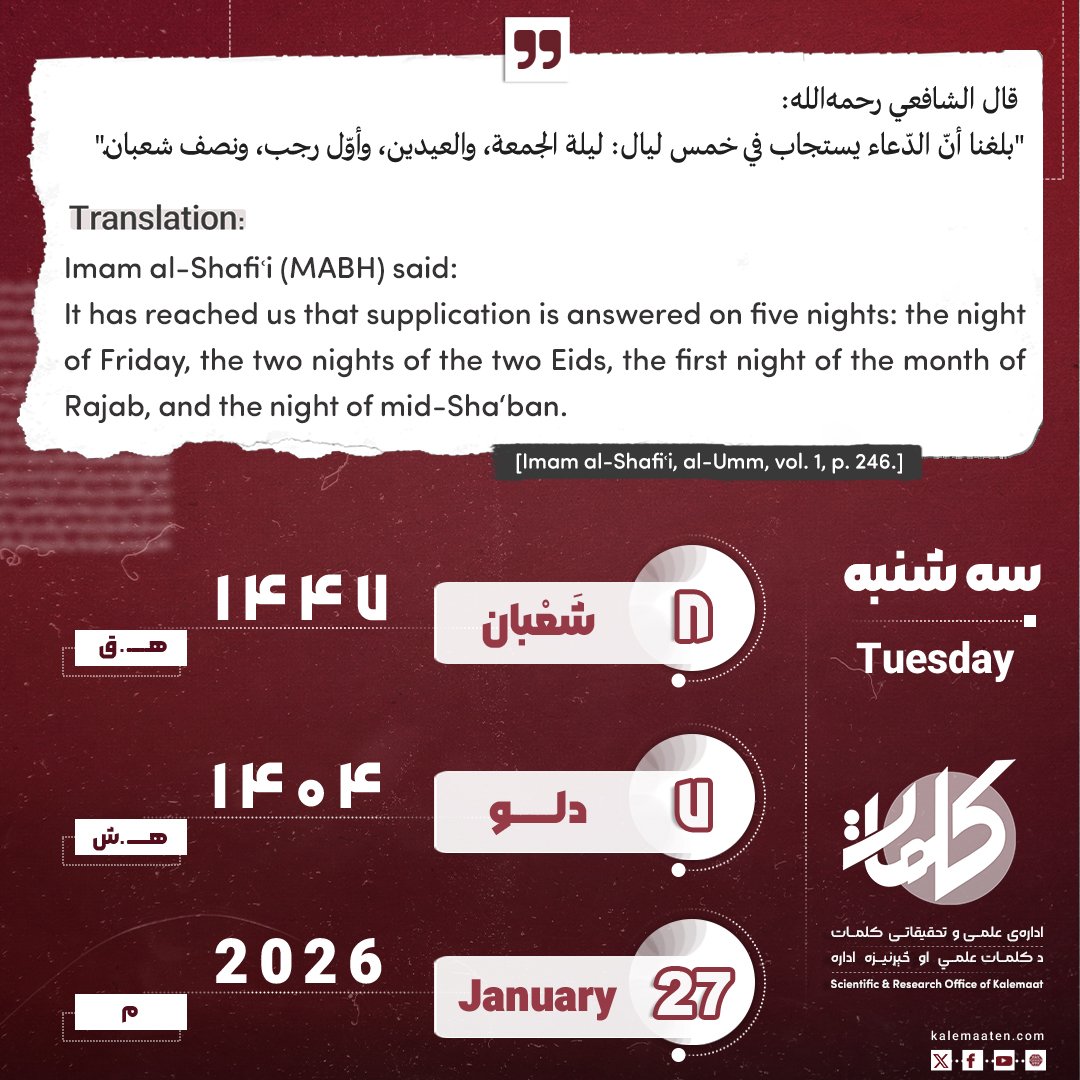Author: Umm Sadiyah
Telephone Etiquette (The 6th and Final Part)
Etiquette 8: Not Using the Phone in a Way That Endangers Others
This guideline primarily addresses those who use mobile phones unnecessarily while driving. This can lead to a loss of concentration and control while driving, resulting in accidents that may harm themselves and others or, worse still, cause fatalities. Additionally, using mobile phones during airplane boarding can interfere with communication waves and affect the aircraft’s equipment, potentially leading to dangerous situations. Such actions are impermissible, as Islam prohibits putting oneself or others at risk. Furthermore, harassing Muslims is forbidden and an unforgivable act.
Etiquette 9: Not Raising Your Voice When Talking on the Phone
Some people raise their voices excessively when talking on public phones, making it easy for those nearby or outside the booth to hear their conversations, including details that should remain private. Moreover, if a woman speaks loudly and has a beautiful voice, this can create inappropriate attention and distraction, leading to undefined corrupt outcomes, known only to Allah Almighty. Therefore, it is necessary to lower one’s voice when speaking on the phone to a level that only the other party can hear.
It is also unnecessary to speak loudly on private phone calls at home or in the office as it may cause discomfort to others nearby. This contradicts the guidance of Allah Almighty, who advises: «وَأَغْضُضْ مِن صَوْتِكَ» (And lower your voice).
Etiquette 10: Turning Off the Mobile Phone When Entering the Mosque
It is important to turn off mobile phones before entering the mosque to avoid distractions during prayer and to maintain the humility of other worshippers. The ringing of phones can disrupt the atmosphere of remembrance and worship. Therefore, it is obligatory to check and turn off the mobile phone before entering the mosque, and this applies to all audio devices.
Etiquette 11: Not Using the Phone for Showing Off
Some individuals pick up their personal phones in public places—such as offices, banks, or on the road—just to showcase their device. This behavior is inappropriate for a Muslim as it involves boasting, which is forbidden. The one who acts in this manner exhibits arrogance, akin to the person mentioned by the Prophet (PBUH), who said: “A man became arrogant while walking in his clothes, so Allah Almighty made him sink into the earth, and he will continue to descend therein until the Day of Resurrection.”
Etiquette 12: Adhering to Sharia When Leaving a Recorded Message
When necessary to leave a recorded message, it should comply with Sharia principles. Start with a greeting, then mention the name, title, time of the call, reason, and conclude with a greeting. There is no need to leave messages in non-Arabic languages, use melodious female voices, or accompany recordings with musical melodies.
Etiquette 13: Teaching Children How to Use the Telephone in Times of Need
It is essential to teach children who can discern right from wrong how to use the telephone properly, such as calling the police or fire department in emergencies. Children should have access to the telephone only in critical situations, such as seeking help from authorities. For very young children, telephone use should be restricted, as misuse can lead to harm. While teaching children how to use the telephone, it is vital to emphasize its use solely for essential purposes.
Etiquette 14: Not Listening to Others’ Conversations
If telephone lines interfere, and a person unintentionally hears another’s conversation, it is obligatory to disconnect the call and avoid listening without permission. Doing so is not permissible according to Islamic law, and people understandably feel uncomfortable when others hear their private words. As the Prophet (PBUH) said: “Whoever listens to the speech of a person who dislikes being overheard, molten copper will be poured into his ears.” Therefore, a Muslim should not allow themselves to be in such a situation.
The aforementioned items are the etiquette related to the phone, which totaled 29 etiquettes. And praise be to Allah, the Lord of the worlds.
The end
[1] – Surah Luqman, verse: 19.
[2] – Musnad Ahmad, vol. 13, p. 509, Musnad of Abu Huraira… Hadith number: 8177, Dar al-Risalah al-Arabiyyah.
[3] – Al-Tabarani al-Kabir, vol. 11, p. 11855, from Ibn Abbas. Sahih al-Jami, 6028.
